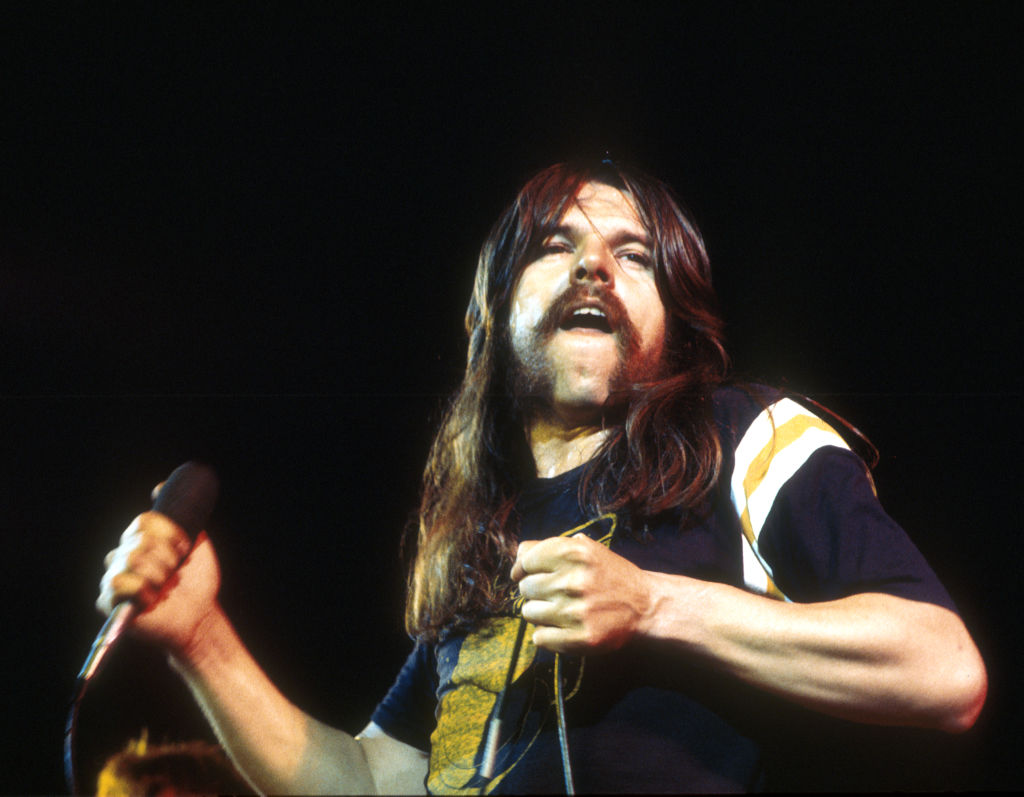ROCK MOMENT - Bob Seger "Night Moves'
ROCK MOMENT – Bob Seger ‘Night Moves’

When Bob Seger released ‘Night Moves‘ in 1976, it became the song that forever changed his career. Up until then, Seger had been a popular regional act in Detroit and throughout the Midwest, known for his fiery live shows with the Silver Bullet Band. Despite years of relentless touring and a loyal hometown following, national success had eluded him. That all shifted with Night Moves, both the single and the album.
The inspiration for ‘Night Moves‘ came directly from Seger’s teenage years in Michigan. Growing up in Ann Arbor and Detroit, he spent nights in cars with friends, listening to music, falling in love, and discovering the joys and awkwardness of youth. The lyrics paint a vivid picture of late-night drives and fleeting romance, a mixture of nostalgia and honesty that resonated with listeners. Seger has said he wanted to capture a moment in time, much like Bruce Springsteen had done with Born to Run.
The track was recorded at Nimbus Nine Studios in Toronto with the Silver Bullet Band and members of the Canadian group The Rhythm Section, giving it a warm, layered sound. Released in December 1976, ‘Night Moves’ soared to No. 4 on the Billboard Hot 100, finally making Seger a household name.
Critics praised the song for its storytelling and maturity. Rolling Stone highlighted Seger’s ability to write with “cinematic detail,” comparing his narrative style to great American songwriters like Dylan and Springsteen. Many agreed that ‘Night Moves‘ marked his transformation from a hard-working regional rocker into a respected national artist.
On stage, ‘Night Moves‘ became a centerpiece of Seger’s concerts. Often performed near the end of his sets, the song served as an emotional anchor, uniting audiences of all ages in its bittersweet reflection on youth.
On classic rock radio, ‘Night Moves‘ quickly became a staple. Decades later, it remains one of the most-played songs on the format, cementing Seger’s legacy as a master storyteller. More than just a hit, it became his signature song—an anthem of nostalgia that continues to remind listeners of the power of memory, love, and time.






